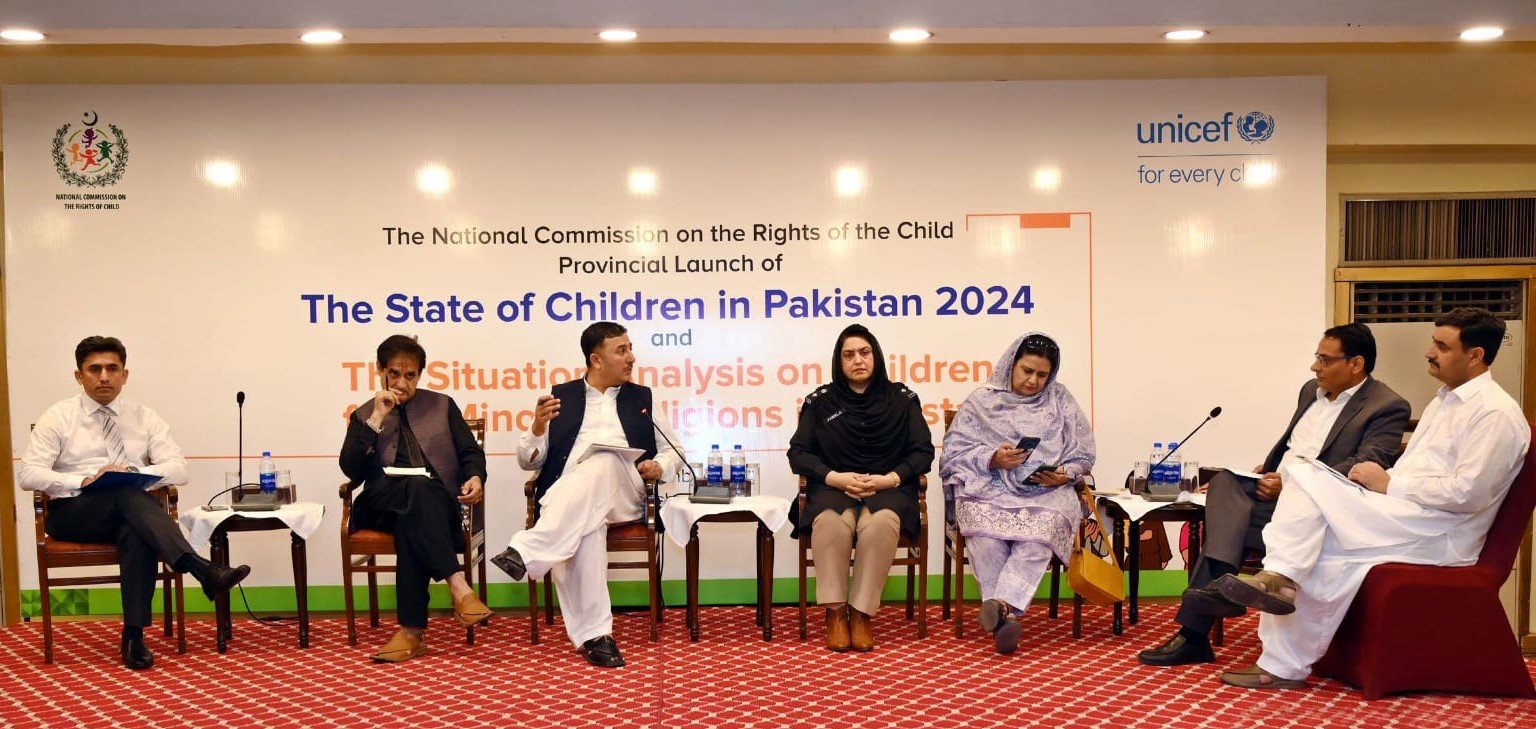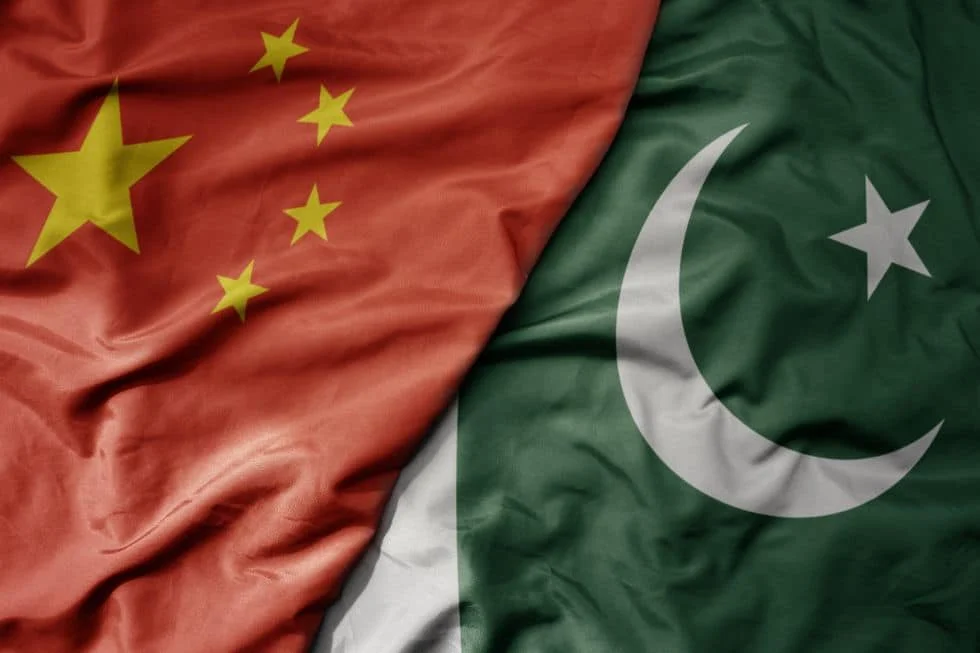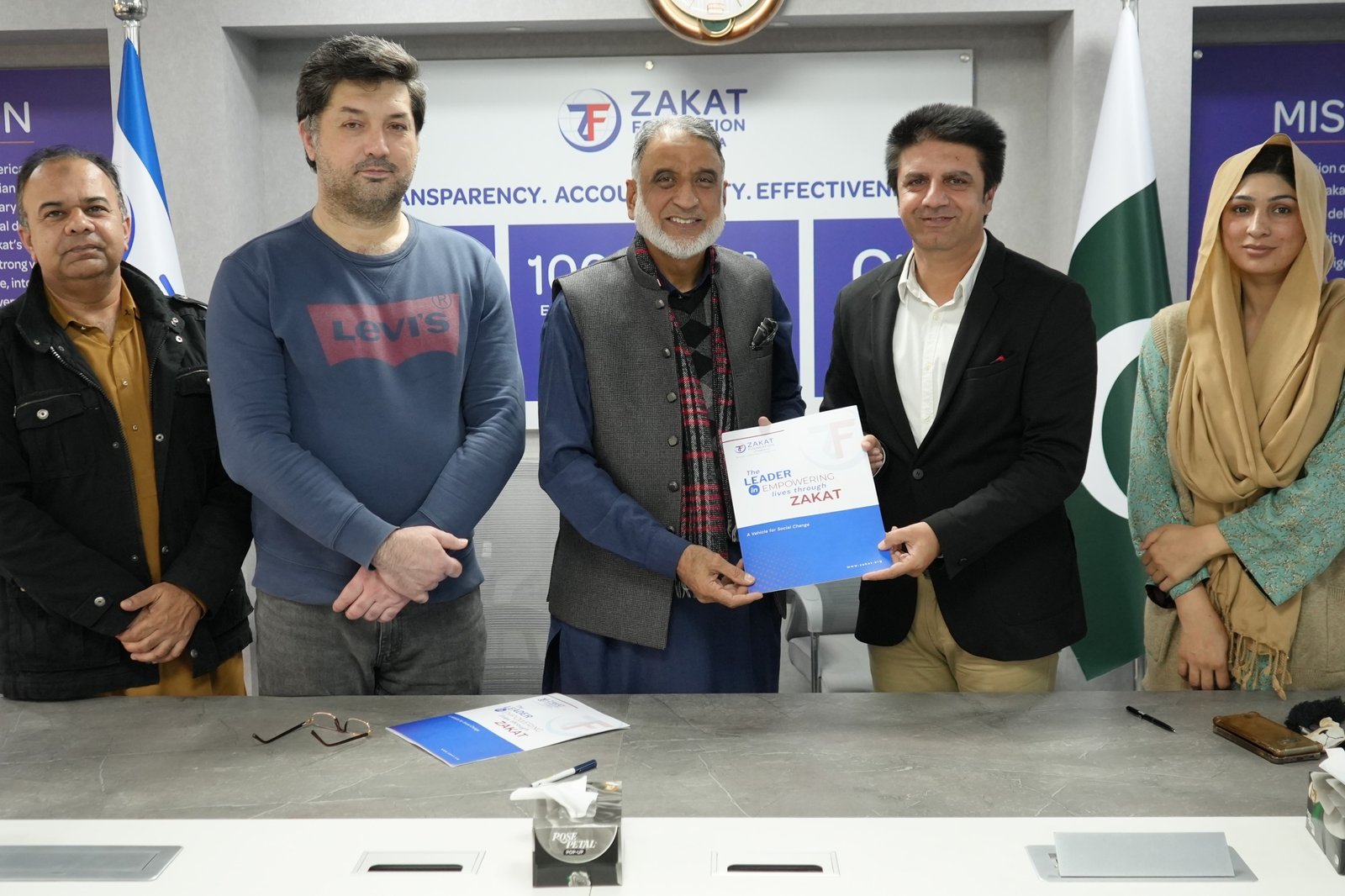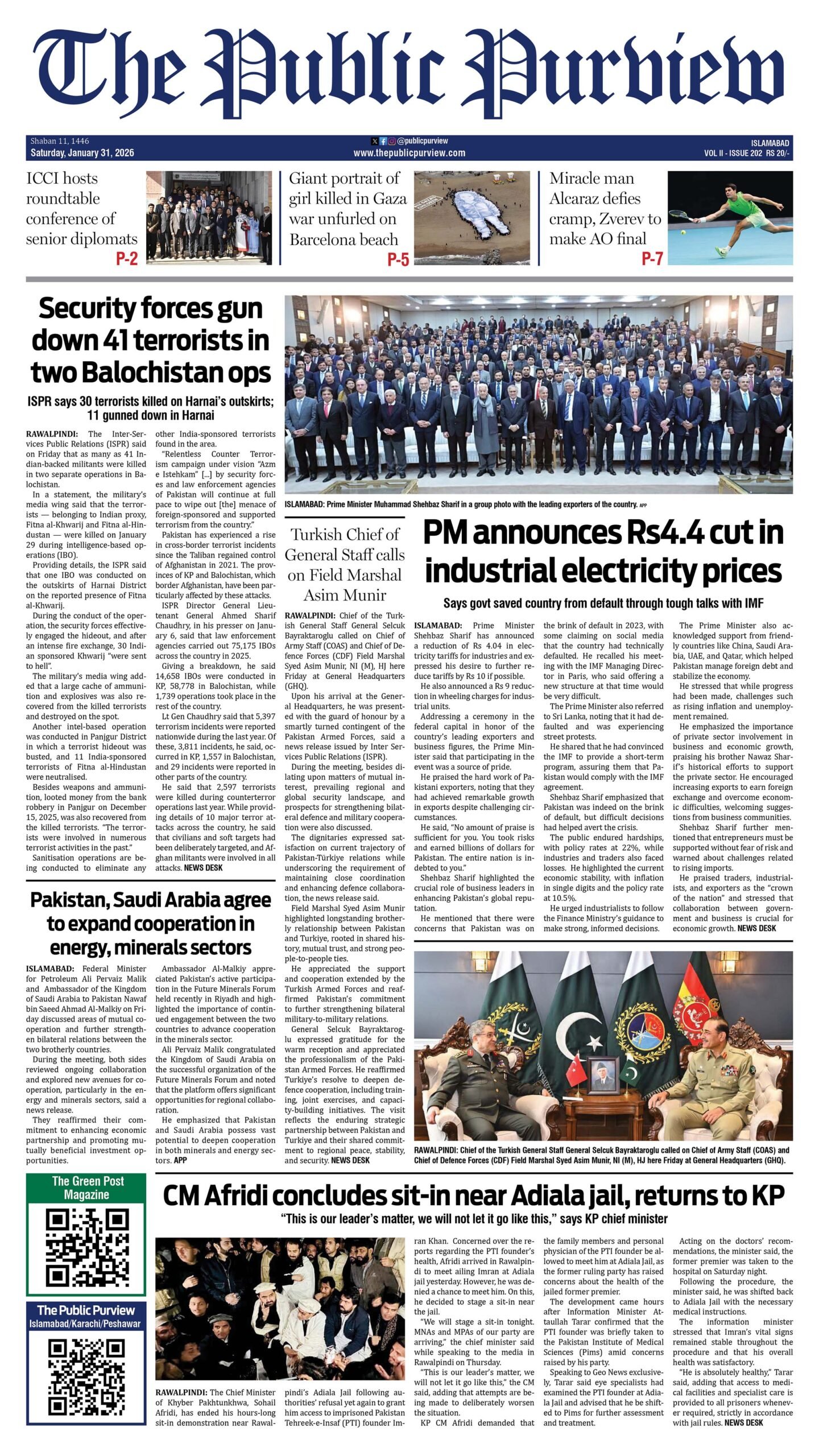Peshawar — The National Commission on the Rights of the Child (NCRC) launched two major reports today in Khyber Pakhtunkhwa, spotlighting the state of children in Pakistan. The event gathered senior officials, civil society leaders, academics, law enforcement representatives, and international partners.
The first publication, State of Children in Pakistan 2024, was presented by Ms. Maham Afridi, Program Coordinator. She explained that the report provides a comprehensive overview of children’s health, education, protection, and participation. Moreover, she stressed that it fills critical data gaps and proposes actionable recommendations. “This report creates a roadmap to ensure every child enjoys their rights,” she added.
In contrast, the second report, Situational Analysis of Children from Minority Religions in Pakistan, came forward through Mr. Pirbhu Satyani, Member Sindh/Minorities, NCRC. He underlined that children from minority religions face systemic discrimination. “This report highlights challenges in education, protection from violence, and equal participation,” he noted. “It calls for inclusive and dignified treatment.”
Afterward, a panel discussion addressed education, child labour, and forced conversions. Mr. Satyani moderated the session and encouraged practical responses from participants. Furthermore, provincial officials and law enforcement representatives shared insights and emphasized the urgency of coordinated action.
During the discussion, Mr. Ijaz Khan, Deputy Chief of the KP Child Protection & Welfare Commission (KPCPWC), urged the need for localized solutions. “We must strengthen referral pathways and improve institutional coordination,” he said. “Authorities must enforce laws in both letter and spirit.”
Additionally, Ms. Aneela Naz, Additional IG (Gender & Human Rights), outlined the role of police in child protection. “We are committed to protecting all children,” she said. “However, we require training, resources, and sensitivity to tackle child labour and abuse.”
Similarly, Mr. Habib Afridi, Deputy Secretary of the Religious & Minority Affairs Department, pressed policymakers to adopt inclusive frameworks. “Minority children often remain invisible in policy agendas,” he said. “This must change. Every child deserves equal access to education and protection.”
Finally, in his closing remarks, Mr. Ijaz Khan reaffirmed that child protection demands joint efforts. “No single institution can achieve this alone,” he said. “Together, we can build a safer and more inclusive future for every child in Pakistan.”
Ultimately, the launch of these reports demonstrates a critical step toward improving the state of children in Pakistan, especially those from minority backgrounds. Importantly, it reinforces the urgency of collaborative action, inclusive policymaking, and effective reforms to safeguard the most vulnerable.
Read climate-related news here: https://greenpost.com.pk/






 Today's E-Paper
Today's E-Paper